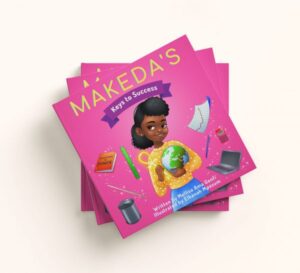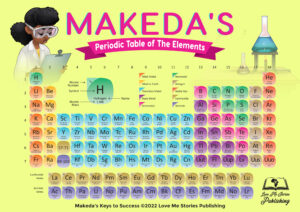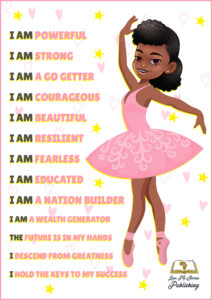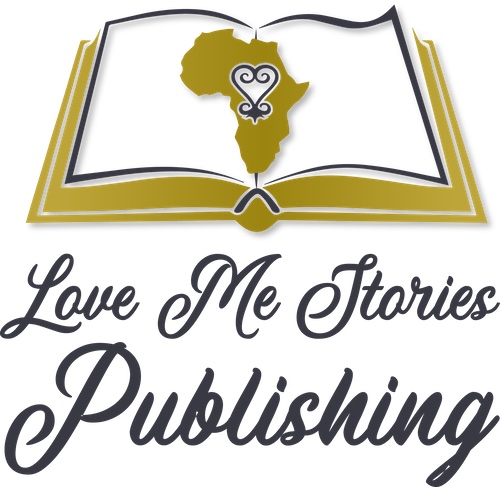By Mellisa Genfi

“We create learners who are “life-ready” so that they can apply their knowledge to real-life situations.” Sandy Hooda
What is project based and problem based learning?
Project-based learning and problem-based learning are two different approaches to education, and to some extent, these both share similar goals and foundational principles. These learnings ensure an improvement in students’ cognitive capabilities, motivation and personal development. Project-based learning had its origins back in 1918. It is an instructional approach in which students learn by investigating a complex question, problem or challenge. Students explore real-world problems as well as find answers through the completion of a project, as it helps active learning, engages students, and allows for higher-order thinking. On the other hand, Problem-based learning is a student-centred teaching pedagogy that originated in 1960. In this learning, students work in groups and learn about a subject by attempting to solve an open-ended problem found in trigger material. They conduct research, integrate theory and apply knowledge and skills to produce a viable solution to a defined problem.
Differences between project-based learning and problem-based learning
-
Project-based learning is usually multi-subject and longer, while problem-based learning is more likely to be a single subject and shorter.
-
Project-based learning follows only general steps, whereas problem-based learning provides specific steps.
-
Project-based learning often involves authentic tasks and settings that solve real-world problems, but problem-based learning uses scenarios and cases that are less related to real life.
-
Project-based learning may be lengthy and can take weeks or months, while problem-based tends to be shorter.
Similarities between project-based learning and problem-based learning
-
Both focus on open-ended questions or tasks and provide authentic applications of content and skills.
-
Both build 21st-century success skills and emphases on student independence and inquiry.
-
Both play a role in developing essential skills such as problem-solving, critical thinking, creativity, empathy, and information literacy.
-
Both are longer and more multifaceted than traditional lessons or assignments.
-
Both focus on the process of how something works rather than just getting an answer.
Benefits of project-based and problem-based learning for students of the 21st century
A critical aspect of education in the 21st century is preparing students for the workforce. Problem-based and project-based learning are two instructional methods emphasizing student-centred learning and real-world problem-solving in the 21st-century classroom. Through these learnings, children are actively engaged in the learning process and can better retain and apply information.
Project-based learning is one way to give children the practical skills they need to be successful in their life. Places of work are constantly changing and evolving, and project-based learning gives students the ability to adapt and change with the times. It fosters creativity and critical thinking skills because 21st-century jobs require students who can think outside the box as well as come up with innovative solutions.
On the other hand, problem-based learning is an effective way to prepare students for the 21st century. It helps them grow critical thinking and problem-solving skills and promotes creativity and collaboration. Problem-based learning can be used to teach a variety of subject areas, making it a versatile teaching and learning approach. In addition, problem-based learning improves the academic achievement of children, as well as increase motivation, engagement and enthusiasm in the learning process.
Check out books and educational prints to encourage project and problem based learning!



For all your educational needs come again to:
https://www.etsy.com/shop/LoveMeStoriesPrints
New Book Coming Soon!
Follow us on Social Media

https://www.instagram.com/love_me_stories1/


